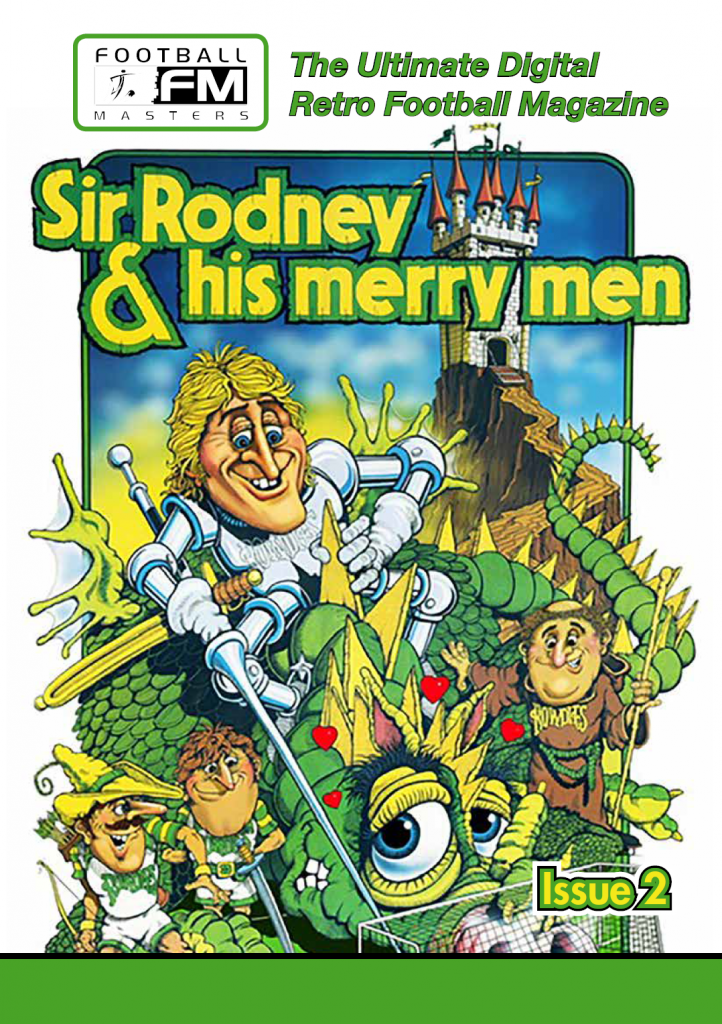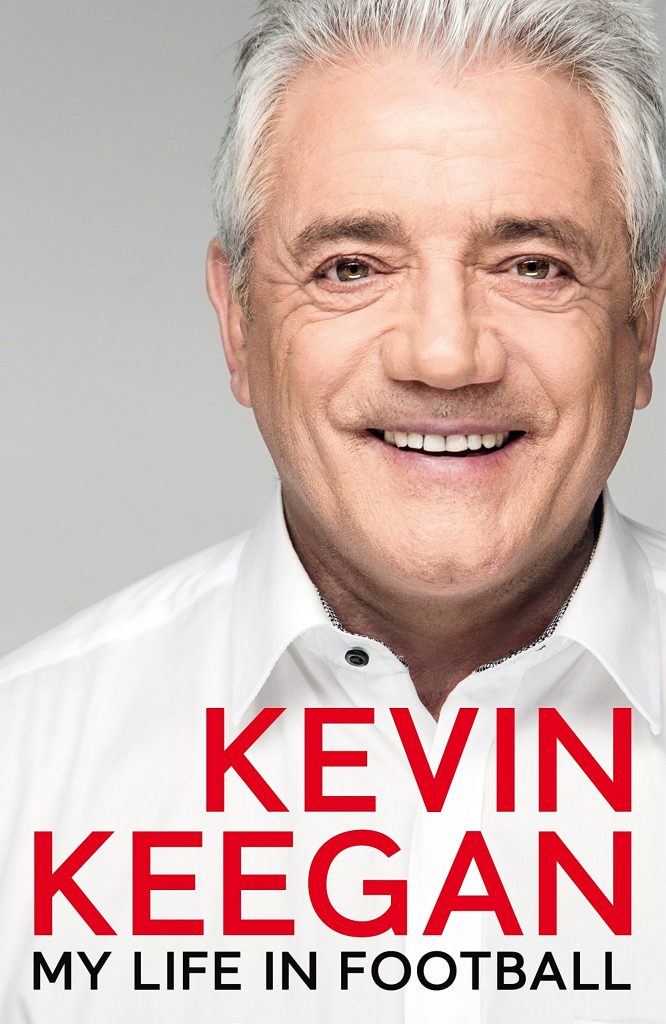Magazine Review: Football Masters (Issue 2) edited by Andrew Palmer

Andrew Palmer went to his first football match at Cray Wanderers in 1965 aged 6 and saw his first professional match at the Valley, the home of Charlton Athletic, in 1968. After watching live football for over 50 years, he was also involved with football publishing Video/DVD for over 25 years. Palmer is a football man with the games running through his veins.
Having recuperated from a Heart Transplant, his passion for the planets most popular sport drove him to produce this digital magazine, Football Masters, which he hopes his audience will “enjoy, looking back at the time before the Premiership when football seemed to be much closer to the fans.”
With a number of publications on the streets dealing with a retro look at the game, some may question whether there is there room in the market for another. However, where this digital version works over a standard magazine, is that there are links within the stories to videos to bring the articles to life. So, in this edition links take the reader to see players such as Stan Bowles, Pele, Garrincha and Colin Bell in their prime as well as match action from 1969 Fairs Cup winners Newcastle United, the FA Cup winners of 1959, Nottingham Forest and Arsenal in the 1970s.
The content in this reviewed edition (No: 2), comes from a number of prominent bloggers and journalists with fifteen articles spread over its 52 pages. The highlights as a reader in this copy were the articles on Pele’s time in the USA, the Colin Bell feature and the guide to Football Magazines.
As with any magazine of this type, not all the articles hit the mark, but for those who want a reminder of the game before sponsored shirts, a time when live games didn’t fill every minute of your waking day and players would be seen down the local pub with fans, this will appeal.
If there is a negative, then it would be in relation to the proofreading of the content, which if more thorough, would have made for a tighter and cleaner read.
A free subscription can be obtained from the following site: www, footballmastersmag.weebly.com

